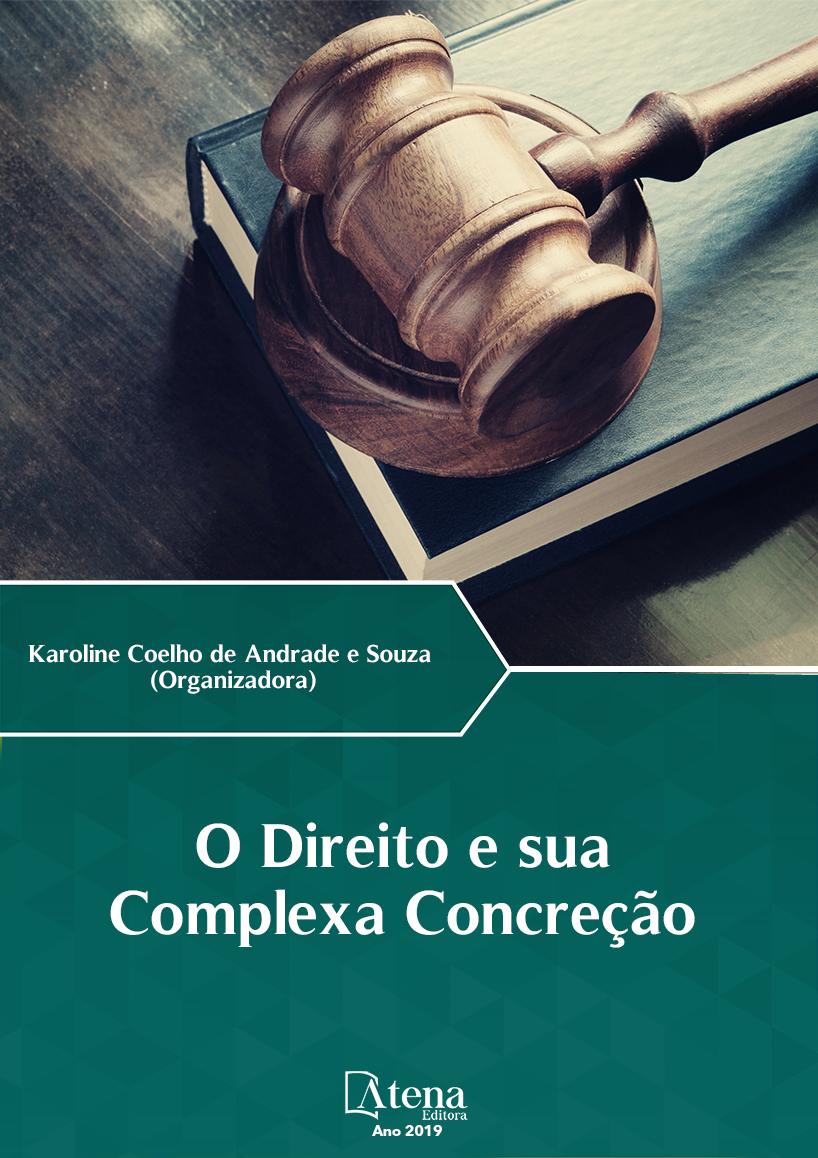
Violação dos Direitos Fundamentais: A liberdade de escolha da gestante na modalidade de parto
O presente resumo expandido versa
acerca das novas diretrizes de partos no país,
definidos pela Resolução Normativa nº 368,
de 6 de janeiro de 2015, da Agência Nacional
de Saúde Suplementar. Diante das discussões
acerca da competência da ANS em publicar
normas que cerceiam os Direitos Fundamentais
consagrados, à luz da Constituição Federal de
1988, pergunta-se: Em que medida a referida
Resolução pode interferir na liberdade de
escolha da gestante, violando seus Direitos
Fundamentais? Para buscar responder tal
celeuma, o trabalho foi dividido em duas
seções, em um primeiro momento apresentarse-
á a referida Resolução. Em um segundo
momento, serão relacionados os Direitos
Fundamentais, notadamente em relação a
liberdade e autonomia da gestante em decidir
sobre o procedimento de parto adotado e
até que ponto o Estado pode interferir nesta
decisão. O trabalho não adentra no mérito
atinente às vantagens ou desvantagens de
cada modalidade de parto, mas sim no direito
de escolha da gestante. Assim, utilizou-se do
método de abordagem dedutivo e do método
de procedimento monográfico. Como resultado
foi possível observar que a referida Resolução
afeta a relação médico-paciente e interfere na
autonomia do profissional responsável pelo
parto. Entretanto, a gestante detém autonomia
para escolher a modalidade quando se dispuser
a arcar com as despesas do procedimento
ficando o plano de saúde isento da cobertura
conforme prevê a Resolução Normativa em
questão.
Violação dos Direitos Fundamentais: A liberdade de escolha da gestante na modalidade de parto
-
DOI: 10.22533/at.ed.12919050713
-
Palavras-chave: Autonomia da gestante. Cesárea. Constituição. Liberdade. Parto normal.
-
Keywords: Autonomy of the pregnant woman. Cesarean section. Constitution. Freedom. Normal birth.
-
Abstract:
This expanded summary is
about the new guidelines for births in the
country, defined by Normative Resolution
No. 368 of January 6, 2015, of the National
Agency of Supplementary Health. In light of the
discussions about the competence of the ANS
to publish norms that violate the Fundamental
Rights enshrined, in the light of the Federal Constitution of 1988, it is asked: To what
extent can this Resolution interfere with the freedom of choice of the pregnant woman,
violating her Fundamental Rights? In order to seek to answer such a stir, the work was
divided into two sections, at the first moment the said Resolution will be presented.
Secondly, the Fundamental Rights will be related, notably in relation to the freedom
and autonomy of the pregnant woman in deciding on the procedure of childbirth
adopted and to what extent the State can interfere in this decision. The work does not
go into the merits of the advantages or disadvantages of each mode of delivery, but
rather the right of choice of the pregnant woman. Thus, the deductive approach method
and the monographic procedure method were used. As a result, it was possible to
observe that this Resolution affects the doctor-patient relationship and interferes in the
autonomy of the professional responsible for childbirth. However, the pregnant woman
has the autonomy to choose the modality when she is willing to pay the expenses of
the procedure, leaving the health plan exempt from the coverage as provided in the
Normative Resolution in question.
-
Número de páginas: 15
- Natiele Dutra Gomes Gularte
- Cristiane Penning Pauli de Menezes
- Élisson Garcia Gularte


